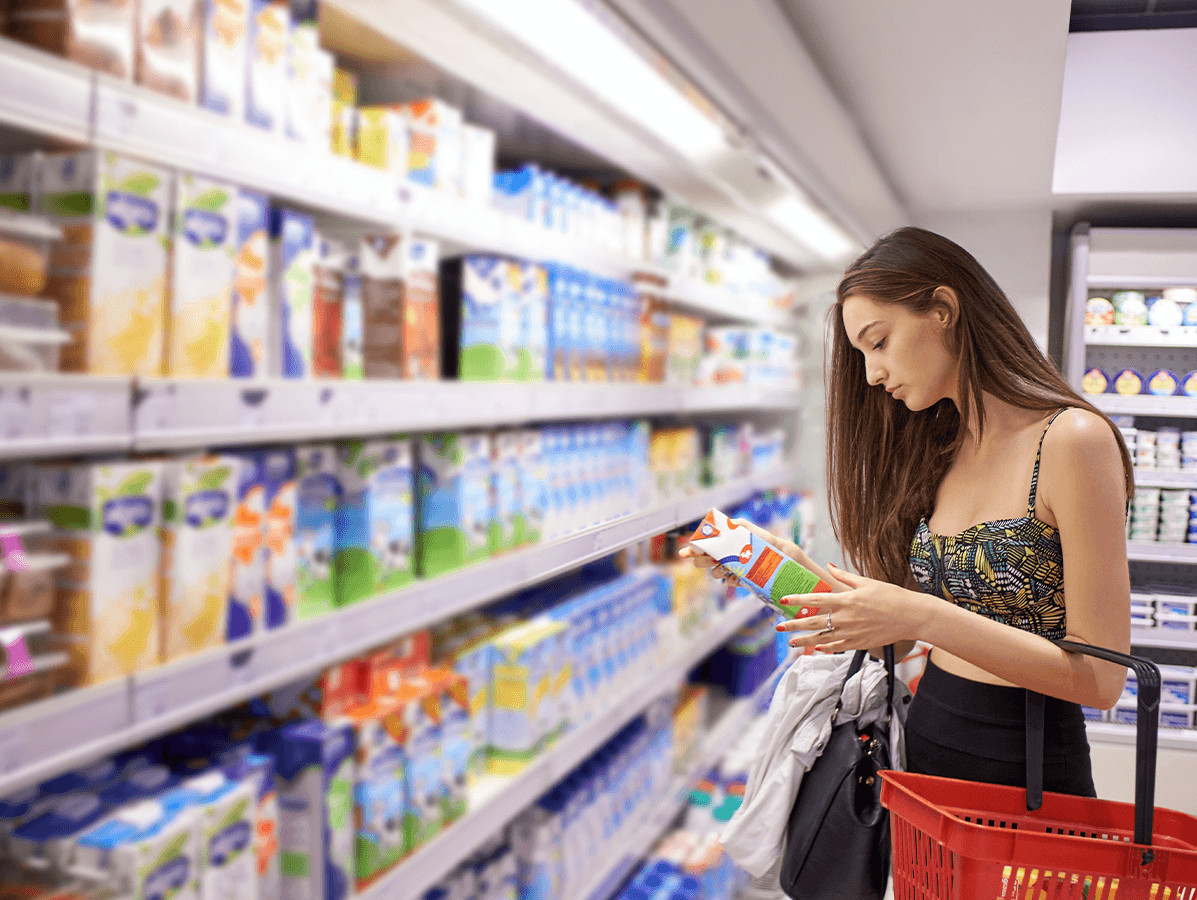
The World Bank warns that we are in for a long period of high food prices as a result of the war in Ukraine. After the peak in 2022, it will take years before the prices of grain, palm oil, energy and fertilisers return to normal. This will put pressure on the sustainability of the food chain, according to ABN AMRO.
The European Union (EU), the Dutch government and various food chains are making strong efforts to reduce the environmental footprint of the food chain: less use of coastal fertilisers and crop protection agents, less emissions into the environment and improved animal welfare. These are measures that lead to an increase in the cost price of food, while food has already become so expensive. Although buyers and supermarkets are trying to put up a stiff fight, prices in shops have risen sharply; in April 2022, the consumer price of food rose by no less than 7.2 percent, according to the CBS, and in the Eurozone the increase was 6.4 percent.
ABN AMRO expects the voluntary measures already taken by farmers, producers and retailers to make the food chain more sustainable to be accepted less readily by consumers. Together with the sharp rise in energy and living costs, higher food prices are having a major impact on disposable income. Sales of products with hallmarks, like the development of other sustainable concepts, are likely to grow less quickly than under better circumstances. Research by GFK shows that the share of private labels has increased at the expense of A-brands and that consumers go to discount supermarkets more often. They pay more attention to price and prefer cheaper alternatives.
The so-called royal route to sustainability is therefore failing. Sustainability does not benefit from uncertainty and volatile markets because farmers are working against tight margins and the room to invest in sustainability is too limited without support from the entire chain, in this case from consumers. In addition, the availability of organic raw materials is decreasing.
Despite everything, the government's ambitions remain focused on making the food sector more sustainable. Both EU and Dutch policy are strongly focused on sustainability. The dependence of the European livestock sector on protein imports increases the focus on Europe's own protein supply. The dependence on Russian gas increases the urgency of the envisaged energy transition. And the high prices for artificial fertiliser stimulate the use of manure products from the livestock sector. Finally, Europe is raising its ambitions for the production of green gas in order to reduce its dependence on imports, thus offering opportunities for the livestock sector. These are all developments that will in fact accelerate the process of sustainability.
ABN AMRO expects the road to sustainability to be bumpy because of higher food prices, but unstoppable. Consumers will be less receptive to additional price rises that are undeniably linked to sustainability, but the government and society at large are expected to stick to their intended targets.
Source: ABN AMRO